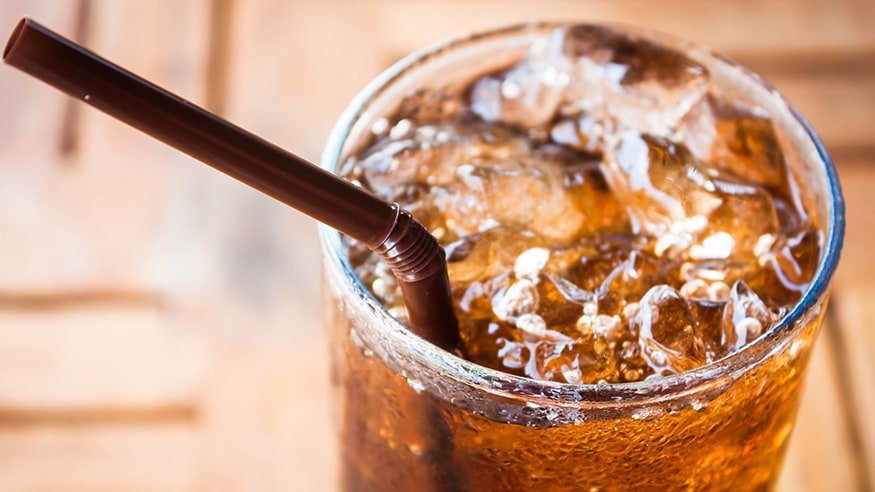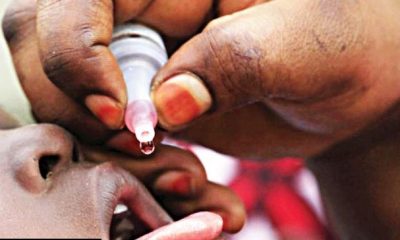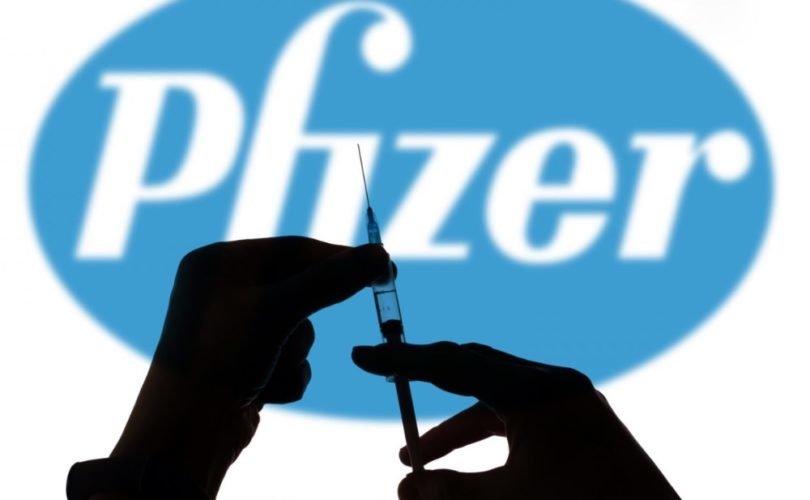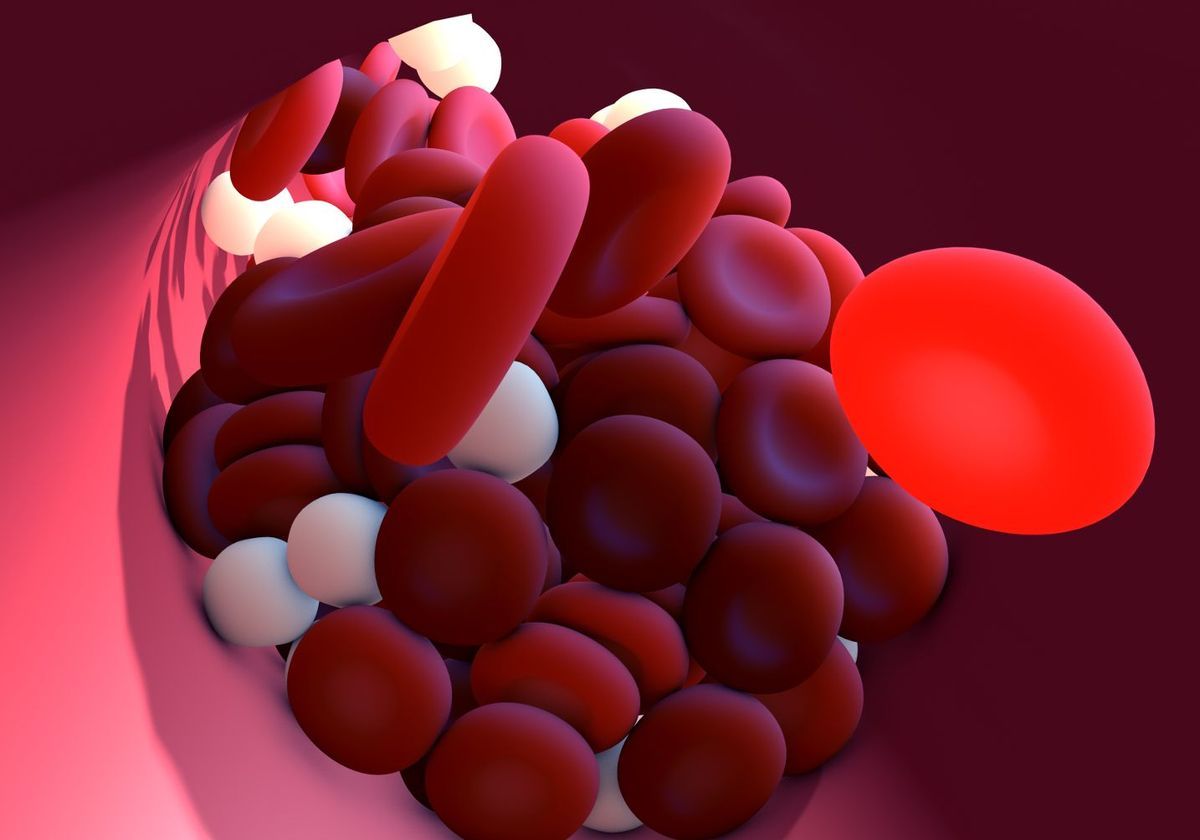One of the world’s most common artificial sweeteners is set to be declared a possible carcinogen next month by a leading global health body, according to two sources with knowledge of the process, pitting it against the food industry and regulators.
Aspartame, used in products from Coca-Cola diet sodas to Mars’ Extra chewing gum and some Snapple drinks, will be listed in July as “possibly carcinogenic to humans” for the first time by the International Agency for Research on Cancer (IARC), the World Health Organization’s (WHO) cancer research arm, the sources told Reuters.
The IARC ruling, finalised earlier this month after a meeting of the group’s external experts, is intended to assess whether something is a potential hazard or not, based on all the published evidence.
It does not take into account how much of a product a person can safely consume. This advice for individuals comes from a separate WHO expert committee on food additives, known as JECFA (the Joint WHO and Food and Agriculture Organization’s Expert Committee on Food Additives), alongside determinations from national regulators.
READ ALSO: Netizen reacts as factory producing fake soft drinks uncovered
However, similar IARC rulings in the past for different substances have raised concerns among consumers about their use, led to lawsuits, and pressured manufacturers to recreate recipes and swap to alternatives. That has led to criticism that the IARC’s assessments can be confusing to the public.
JECFA, the WHO committee on additives, is also reviewing aspartame use this year. Its meeting began at the end of June and it is due to announce its findings on the same day that the IARC makes its decision – on July 14.
Since 1981, JECFA has said aspartame is safe to consume within accepted daily limits. For example, an adult weighing 60 kg (132 pounds) would have to drink between 12 and 36 cans of diet soda – depending on the amount of aspartame in the beverage – every day to be at risk. Its view has been widely shared by national regulators, including in the United States and Europe.
An IARC spokesperson said both the IARC and JECFA committees’ findings were confidential until July, but added they were “complementary”, with IARC’s conclusion representing “the first fundamental step to understand carcinogenicity”. The additives committee “conducts risk assessment, which determines the probability of a specific type of harm (e.g. cancer) to occur under certain conditions and levels of exposure.”
READ ALSO: NAFDAC raises alarm over ‘contaminated’ soft drink
However, industry and regulators fear that holding both processes at around the same time could be confusing, according to letters from U.S. and Japanese regulators seen by Reuters.
“We kindly ask both bodies to coordinate their efforts in reviewing aspartame to avoid any confusion or concerns among the public,” Nozomi Tomita, an official from Japan’s Ministry of Health, Labour and Welfare, wrote in a letter dated March 27 to WHO’s deputy director general, Zsuzsanna Jakab.
The letter also called for the conclusions of both bodies to be released on the same day, as is now happening. The Japanese mission in Geneva, where the WHO is based, did not respond to a request for comment.
The “radiofrequency electromagnetic fields” associated with using mobile phones are “possibly cancer-causing”. Like aspartame, this means there is either limited evidence they can cause cancer in humans, sufficient evidence in animals, or strong evidence about the characteristics.
“IARC is not a food safety body and their review of aspartame is not scientifically comprehensive and is based heavily on widely discredited research,” Frances Hunt-Wood, secretary general of the International Sweeteners Association (ISA), said.
The body, whose members include Mars Wrigley, a Coca-Cola unit and Cargill, said it had “serious concerns with the IARC review, which may mislead consumers”.
Aspartame has been extensively studied for years. Last year, an observational study in France among 100,000 adults showed that people who consumed larger amounts of artificial sweeteners – including aspartame – had a slightly higher cancer risk.
Recent recipe tweaks by soft drinks giant Pepsico demonstrate the struggle the industry has when it comes to balancing taste preferences with health concerns. Pepsico removed aspartame from sodas in 2015, bringing it back a year later, only to remove it again in 2020.

 Health5 days ago
Health5 days ago
 Entertainment7 days ago
Entertainment7 days ago
 Crime5 days ago
Crime5 days ago
 Education7 days ago
Education7 days ago
 Health7 days ago
Health7 days ago
 Comments and Issues6 days ago
Comments and Issues6 days ago
 Football6 days ago
Football6 days ago
 Latest6 days ago
Latest6 days ago








